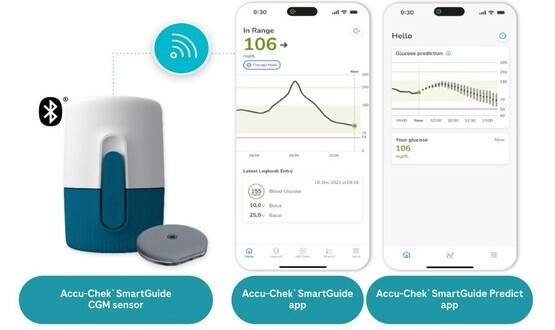Highlands pilot virtual diabetes clinics
- 23 November 2012

A virtual diabetes clinic is going live across the Scottish Highlands from January 2013.
Professor of diabetes at the University of the Highlands and Islands, Sandra MacRury, said the year-long pilot will support people with type one diabetes living at a distance from specialist services.
Only one third of Scots with type one diabetes reach target levels of control to prevent complications. The pilot will involve about 20 patients who have difficulty controlling their disease.
Professor MacRury said the virtual clinic project aims to reduce the distances travelled by patients and staff to make face-to-face appointments and correspondingly the carbon footprint, while maintaining a quality service.
The diabetes service started using video conferencing to reach patients in remote areas a year ago. Patients attend peripheral clinics and have an appointment with a consultant based in Inverness.
Professor MacRury explained that this increases capacity so that clinicians can see more patients and waiting lists can be reduced.
The second stage involves the creation of virtual clinics whereby patients will be able to choose the best way for them to interact with a clinician, which could be by email, text, phone call or video conference, including directly to patients’ homes.
The team is looking at a more structured email and SMS system where clinicians can take questions from patients and respond with clinical decision support and for that engagement to be recorded in the patient record.
Patients currently use blood glucose meters to take readings at home that can be uploaded at a rural clinic so clinicians can view them online. Part of the new plan is for patients to be able to share that data from their homes.
Professor MacRury described the project as an add-on to face-to-face support, but said some patients may choose to have all their care provided remotely once they have their condition well controlled.
The goal is to reduce unplanned admissions and interactions with the health service by “trouble shooting issues” before a patient’s problem becomes too serious.
Around 1000 people in the Highlands have type one and another 1300 have type two diabetes. Professor MacRury said that if the pilot is successful, virtual clinics could become embedded into routine care for all diabetes patients.




